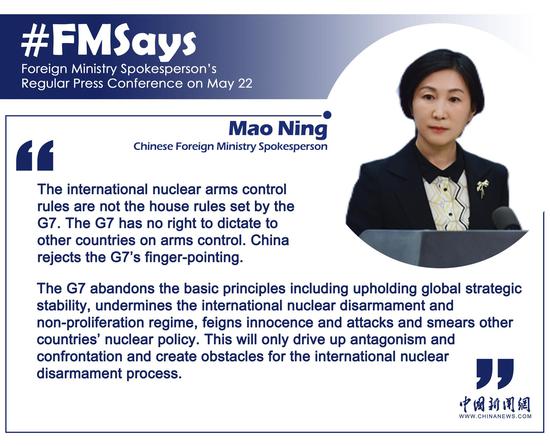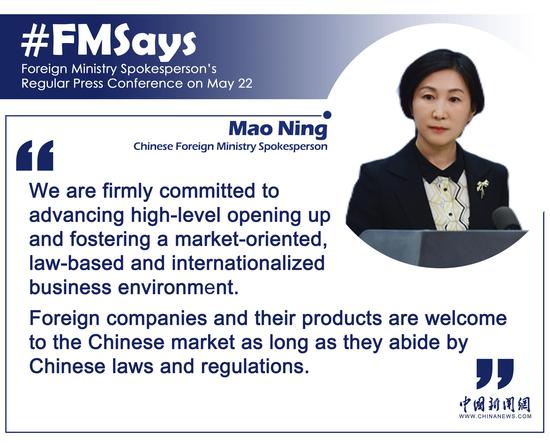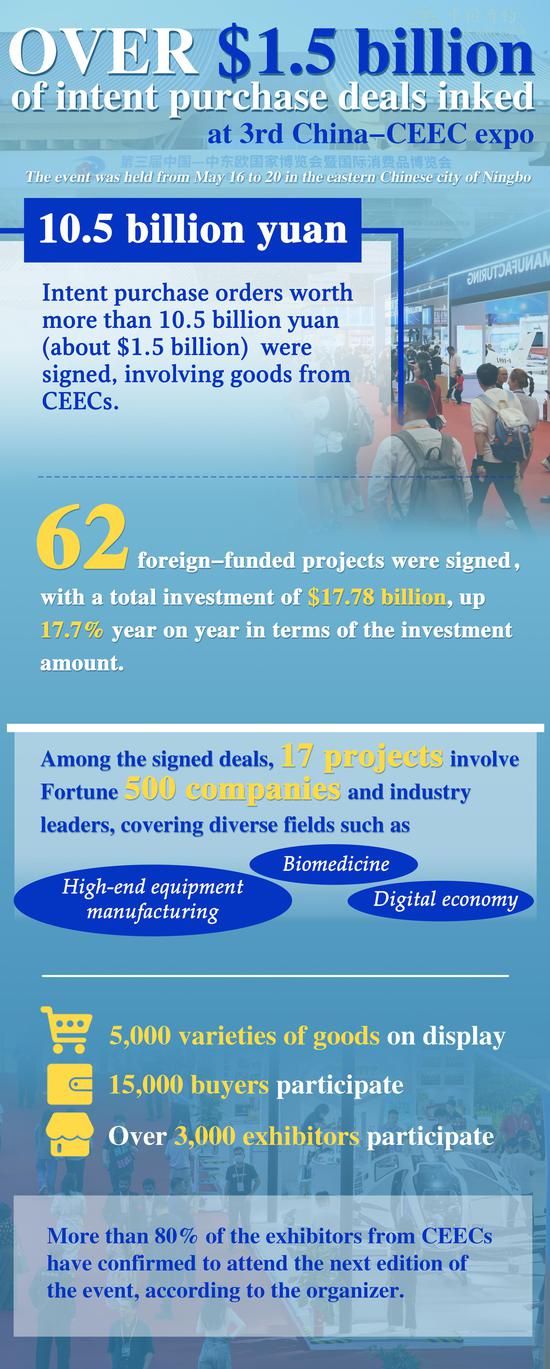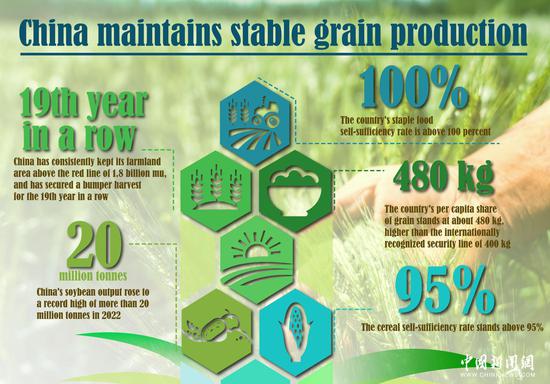China's rebound better than expected as electronic currency plays vital role
China's economic rebound has been better than expected, and because it has a strong digital economy, the prospect of an electronic currency should be explored.
Those were the main takeaways from the sixth China Economic Forum in Washington on May 17, hosted by the Peterson Institute for International Economics, or PIIE, and the China Finance 40 Forum, or CF40, a think tank in the field of finance and macroeconomics.
Miao Yanliang, one of the CF40 members and chief strategist and executive head of the research department at the China International Capital Corp, said that China has a recovery "probably stronger than expected", with a 5 or 6 percent growth goal in 2023.
"The question with that is the recovery is a bit uneven and untypical," said Miao.
He said that after the three-year COVID-19 pandemic, there is an opening-up and a lot of pent-up demand for services, which is untypical of past recoveries. "Uneven, in the sense that service is doing better than production."
Miao said he foresees "tremendous growth" in two areas. One is the new energy or energy transition sector, as China's export data shows.
The other is the digital economy, which has reached $70 trillion and is expanding. He also said that relying on "both legs" is necessary rather than disregarding the old or traditional risk sectors.
Gao Shanwen, the chief economist of Essence Securities, shared two of his key observations regarding China's economy, property market, and the role of the private sector in fixed asset investment.
On the property market, he noticed that even though the sales volume was recovering, the cash-flow pressure was still heavy for private developers. On the role of the private sector in fixed asset investment, he said the pressure mainly concentrates on the service sector, education, medical, and others.
Encouraging policy
"But in the manufacturing sectors, overall speaking, the role of the private sector is still quite active, and the government policy is still encouraging or at least quite tolerant," said Gao.
The International Monetary Fund said in its February report that China's economy is rebounding, and reforms are still needed.
Nicholas Lardy, a nonresident senior fellow at the PIIE and the vice-chair of the National Committee on US-China Relations, suggested reforms that include expanding programs of social protection, helping close the productivity gap between state and private firms, gradually raising the retirement age to 65, and improve access to quality education.
"I think there's a lot of potential for raising China's growth well beyond the reform scenario that is shown by the IMF, but it will take a more aggressive reform program," said Lardy.
According to data from the US Bureau of Economic Analysis, or BEA, released in February, US-China trade in goods hit a new record, $690.6 billion, in 2022.
Chad Bown, a senior fellow at PIIE, said that despite the high trade, on the manufacturing side, the trade war hurt; the reorientation of energy is happening because of geopolitical events, and it is not good news for service — such as tourism, business travel, education.
"The only good news is agriculture," Bown said. But he also said that considering factors such as droughts around the world, food shortages and military conflicts leading to a global boom in commodity prices, even US-China trade in agriculture is "a mixed story".
"I think the first thing, obviously, is they need to start talking with each other at the highest levels on trade," he said.
The scholars also discussed digital currencies, especially central bank digital currency of different countries.
He Dong, the deputy director of the Monetary and Capital Markets Department at the IMF, said the central bank's digital currency, or CBDC, has the promise to combine the properties of cash and deposits.
Huang Yiping, the director of the Institute of Digital Finance at Peking University, said that the People's Bank of China started relatively early in research and a pilot project for e-CNY, China's CBDC.
"And one of the most important motivations was to improve the efficiency and the safety of domestic payment," said Huang.


















































 京公网安备 11010202009201号
京公网安备 11010202009201号